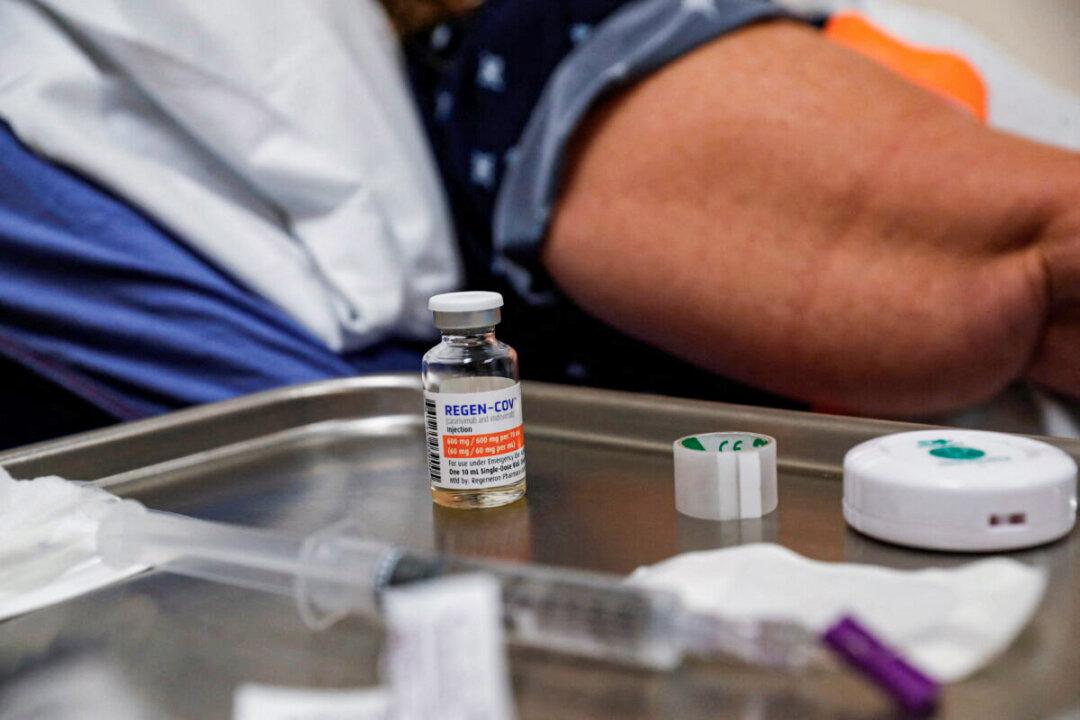A cancer trial has reportedly become the first in the world to completely remove the disease in every patient, according to a study published on June 5 in The New England Journal of Medicine.
The study, “PD-1 Blockade in Mismatch Repair—Deficient, Locally Advanced Rectal Cancer,” was conducted among 12 rectal cancer patients, all of whom had a “clinical complete response,” according to the authors, led by Dr. Andrea Cercek of the Memorial Sloan Kettering Cancer Center in New York.





